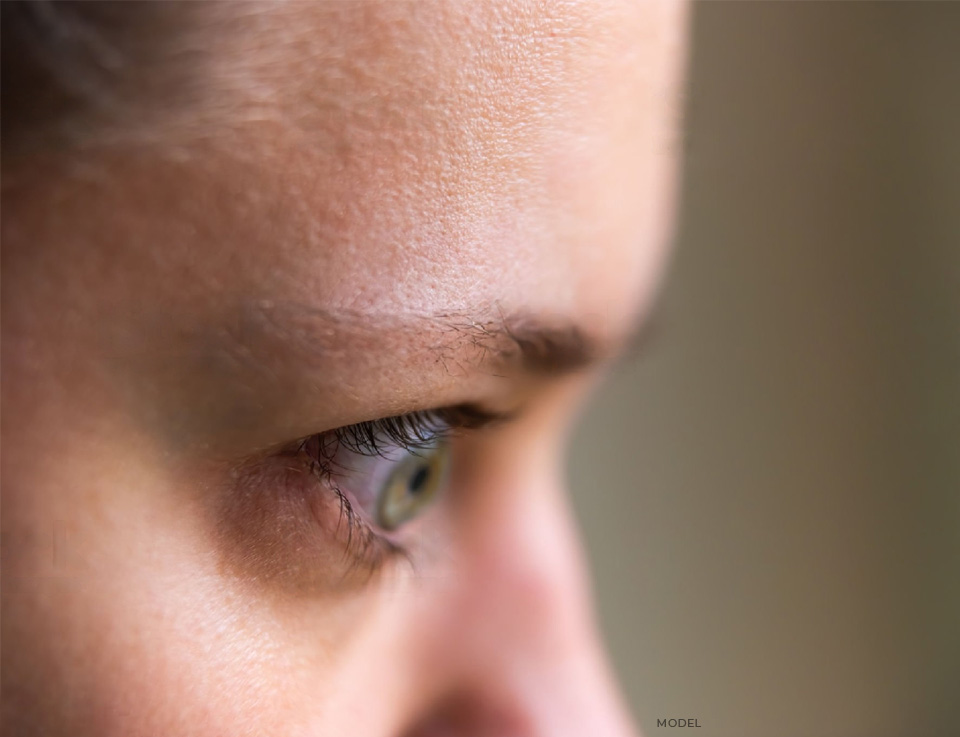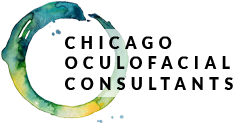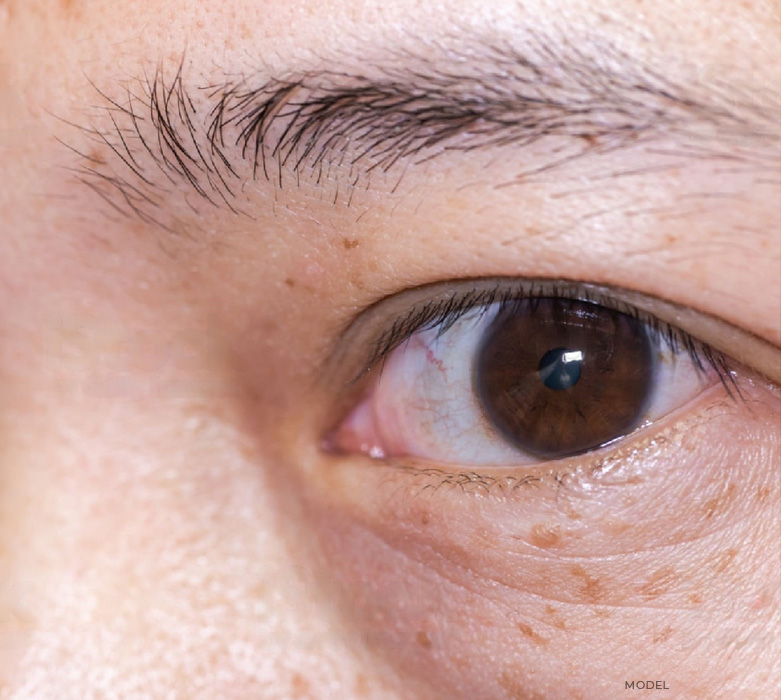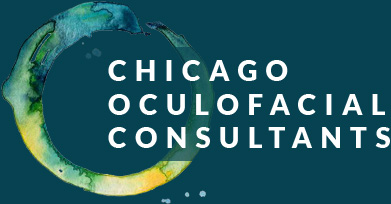Home . Grave’s Disease Treatment
Grave's Disease Treatment in Chicago
Grave’s disease can cause a wide range of symptoms, including cosmetic concerns with the eye area. This is why Chicago Oculofacial Consultants is proud to offer our patients the option for personalized Grave’s disease treatment in Chicago through lid retraction surgery.











